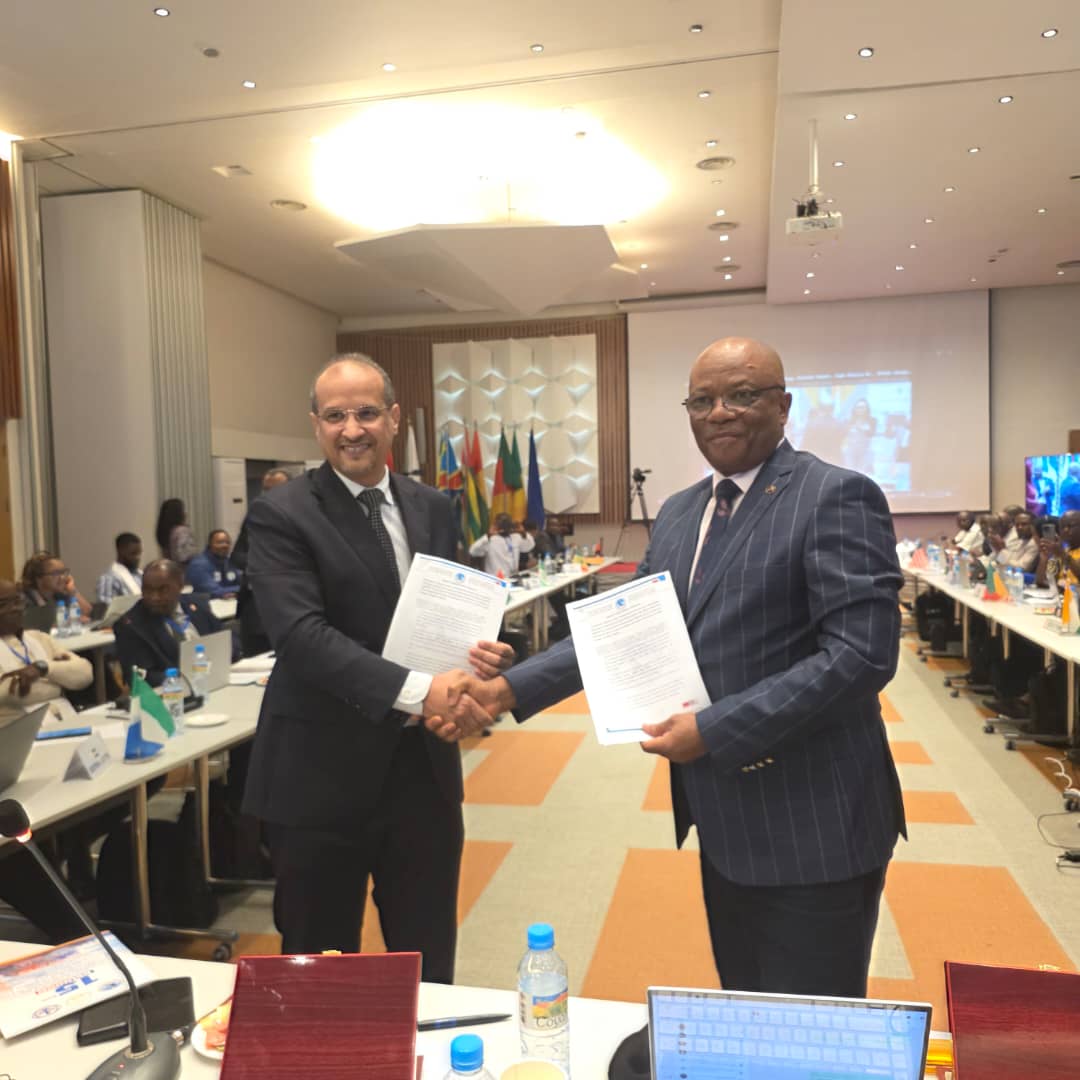Out of 20,499 ship calls recorded in West and Central African ports in 2024, only 3,204 inspections were conducted — a rate of just 15.6 per cent — a figure described as “the bare minimum” by the Secretary-General of the Abuja Memorandum of Understanding (MoU), Captain Sunday Umoren.
Speaking at the 15th Port State Control Committee (PSCC) Meeting holding this week in Conakry, Republic of Guinea, Umoren urged African governments to strengthen Port State Control (PSC) enforcement as a strategic pathway to unlocking the region’s Blue Economy potential.
The meeting, themed “Strengthening Port State Control Enforcement: The Vital Role of Policymakers in Unlocking the Full Potential of the Blue Economy,” focused on the critical link between effective maritime governance and sustainable economic growth.
Captain Umoren stressed that robust PSC implementation is vital to ensuring safer, cleaner, and more efficient maritime operations, while also protecting the marine environment and enhancing trade competitiveness.
He emphasised that this can only be achieved through strong policy leadership and the provision of legal, institutional, and financial frameworks that empower inspectors, promote regional cooperation, and ensure compliance with international standards.
He warned that the current inspection rate is insufficient to safeguard the region’s ports and coastal waters, urging member states to make ship inspections and the prompt uploading of inspection data into the Abuja MoU Information System (AMIS) a non-negotiable priority.
“If we are to protect our coasts, our ports, and our people, we must raise the bar. Every inspection we conduct, every report we upload, has a ripple effect far beyond our shores,” he said.
The Secretary-General reaffirmed that prioritising PSC enforcement would enhance maritime safety, boost trade confidence, and drive sustainable economic growth across the region.
He encouraged member states to draw strength from partnerships with sister MoUs, regional bodies, and international organisations to strengthen professionalism, accountability, and integrity in maritime administration.
Umoren acknowledged the continued support of the International Maritime Organization (IMO), International Labour Organization (ILO), Maritime Anti-Corruption Network (MACN), American Bureau of Shipping, and other technical partners for their assistance in training Port State Control Officers (PSCOs) across the region.
He also highlighted a new collaboration with maritime training institutions to ensure consistent regional capacity building.
He commended Angola for beginning to conduct and upload inspections to the AMIS database following national training in 2024, describing it as a symbol of progress and regional commitment to harmonised PSC procedures.
He urged other member states yet to commence inspections to seek mentorship and support from the Secretariat to achieve full regional compliance.
During the meeting, Umoren announced that Mauritania had been admitted as the 21st member of the Abuja MoU, while Namibia is expected to formalise its membership next year.
He described the 15th PSCC gathering as a reaffirmation of the region’s shared commitment to maintaining safe, secure, and sustainable waters for future generations.
He concluded by noting that issues such as decarbonisation, digitalisation, cyber-resilience, and seafarer-centred policies are already shaping global trade and maritime operations.
For Africa to play a central role in this evolving landscape, he said, governments must take decisive action to strengthen enforcement and ensure that no substandard vessel escapes inspection through neglect or corruption.
